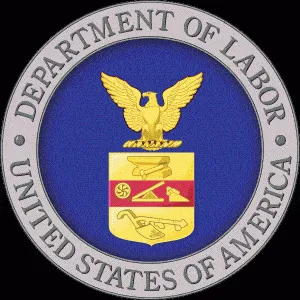
ERISA holds plan administrators responsible for ensuring that plan financial statements are properly audited in accordance with generally accepted auditing standards (GAAS). Plan administrators should be aware that the hiring of a plan auditor is considered a fiduciary function. As such, plan administrators should use the same care and prudence in hiring a plan auditor that they use when hiring any individual or entity that provides services to the plan.
Substandard audit work can be costly to plan administrators and sponsors. It both jeopardizes plan assets and can result in significant civil penalties being imposed on the plan administrator by the DOL. A recent study conducted by the Department of Labor found serious problems with nearly 40% of employee benefit plan audits.
A quality audit will help protect the assets and financial integrity of the Plan and help to ensure that the necessary funds will be available to pay the benefits promised to Plan participants and their beneficiaries. It also helps make sure the Plan is in compliance with the law.
Employee benefit plan audits have unique audit and reporting requirements and are different from other financial audits. Care should be taken by the plan administrator to select a CPA who possesses the requisite knowledge of plan audit requirements and expertise to perform the audit in accordance with professional auditing standards. To ascertain the qualifications of a CPA firm to perform a plan’s audit Plan administrators might want to consider the following factors:
- The number of employee benefit plans the CPA audits each year, including the types of plans;
- The extent of specific annual training the CPA received in auditing plans;
- The status of the CPA’s license with the applicable state board of accountancy;
- Whether the CPA been the subject of any prior DOL findings or referrals, or has been referred to the state board of accountancy or American Institute of CPAs for investigation;
- Whether the CPA’s employee benefit plan audit work has recently been reviewed by another CPA (this is called a “Peer Review”), and if so, whether such review resulted in negative findings.
Additional tips for monitoring your auditor’s work can be found in the DOL pamphlet “Selecting an Auditor for Your Employee Benefit Plan” found at:
http://www.dol.gov/ebsa/publications/selectinganauditor.html.


